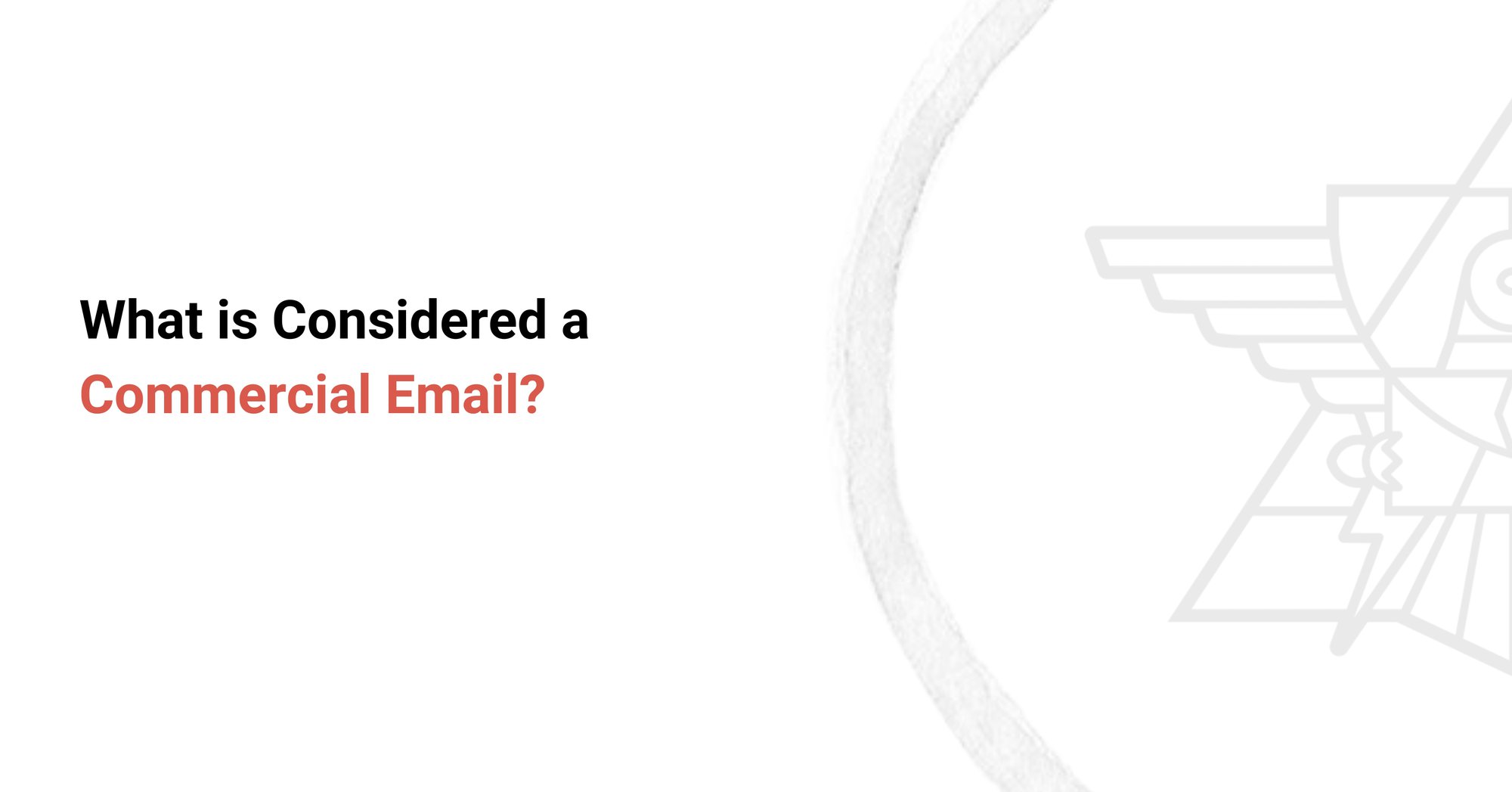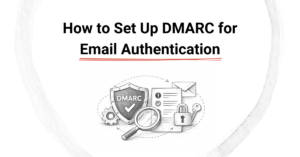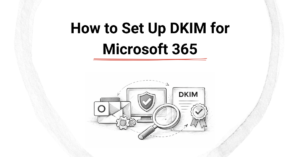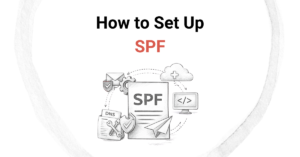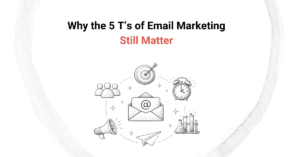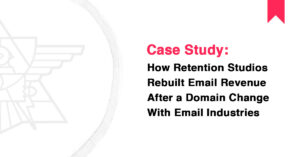Understanding what is considered a commercial email is critical for businesses engaging in email marketing. While various types of email communications exist, it’s important to note that it’s essential to distinguish between commercial and transactional emails. Moreover, this distinction is crucial not only for effective marketing but also for ensuring compliance with legal regulations.
In this article, we will explore what is considered a commercial email. Moreover, we will delve into how commercial emails differ from transactional emails. Additionally, we will discuss the legal regulations involved and highlight best practices to ensure your emails remain both compliant and effective.
By the end of this guide, you will clearly understand what qualifies as a commercial email and, importantly, how to implement strategies that help you avoid legal pitfalls while boosting engagement.
What is Considered a Commercial Email? A Detailed Overview
At its core, a commercial email primarily promotes products, services, or brands. What distinguishes a commercial email is its purpose: specifically, these emails aim to influence consumer behavior by persuading recipients to take a specific action, such as making a purchase or signing up for a service.
Additionally, commercial emails can vary in format, but in most cases, they are typically promotional messages in nature. Examples include:
- Newsletters: Regular updates or content sent to subscribers.
- Promotional Offers: Emails offering discounts, deals, or time-sensitive promotions.
- Product Launch Announcements: Emails that introduce new products or services.
- Event Invitations: Invitations to attend webinars, conferences, or product demonstrations.
To clarify, any email that includes commercial content and aims to increase engagement or drive sales qualifies as a commercial email. These emails often contain calls-to-action (CTAs) that encourage recipients to interact with the brand.
Understanding the Difference: Commercial Email vs. Transactional Email

It’s important to understand the distinction between what is considered a commercial email and transactional emails, as they serve different purposes and are subject to different regulations.
Commercial Emails
Commercial emails are designed to promote or advertise a commercial product, service, or the brand itself. They typically involve content aimed at influencing consumer behavior and driving conversions. Here are some key features of commercial emails:
- Goal: Promote products, services, or offers.
- Content: Discounts, product announcements, special offers, etc.
- Regulations: Must comply with legal requirements such as providing opt-out options.
Transactional Emails
Transactional emails, on the other hand, are sent as a direct response to a user’s action and are not designed to advertise. They serve a functional purpose, providing necessary information that supports the user’s account or transactions. Here are some examples of transactional emails:
- Order Confirmations: Sent after a customer completes a commercial transaction.
- Password Resets: Notifications related to account recovery.
- Shipping Notifications: Emails informing customers that their order has shipped.
Commercial vs. Transactional Emails
Understanding the difference between commercial and transactional emails is critical for both marketing success and compliance. Here's a breakdown of how these two types of emails differ:

Commercial emails require the recipient’s consent (often via opt-in), and they must always allow an opt-out. Transactional emails, on the other hand, are sent as a result of a customer action and are primarily for delivering essential, non-promotional information.
Key Regulations for Commercial Emails
To answer the question of what constitutes a commercial email, you must understand the legal landscape governing emails sent for commercial purposes. Many countries heavily regulate commercial emails to prevent spam and protect consumers.
CAN-SPAM Act (United States)
The CAN-SPAM Act (Controlling the Assault of Non-Solicited Pornography And Marketing) is a U.S. law that sets the rules for commercial emails. It aims to reduce the number of unsolicited and misleading emails sent to consumers.
Key requirements of the CAN-SPAM Act include:
- Clear and Accurate Subject Lines: The subject line must be a truthful representation of the email’s content. Misleading subject lines can result in penalties.
- Opt-Out Mechanism: All commercial emails must include a clear and easy-to-use unsubscribe option. Opt-out requests must be processed within 10 business days.
- Sender’s Physical Address: Commercial emails must include the seller’s or sender’s physical mailing address.
- No Deceptive Information: The “From” name, subject line, and email address should not be misleading or deceptive.
Failure to comply with the CAN-SPAM Act can result in hefty fines, making it important to understand what is considered a commercial email in the U.S.
GDPR (European Union)
For businesses targeting customers in the European Union, the General Data Protection Regulation (GDPR) governs what is considered a commercial email. GDPR places emphasis on the privacy and data protection rights of consumers, requiring businesses to seek explicit consent before sending marketing emails.
Key requirements for commercial emails under GDPR include:
- Explicit Consent: Before sending a commercial email, businesses must obtain clear, informed consent from recipients.
- Right to Access and Delete Data: Consumers can request to access their data or have it deleted.
- Penalties for Non-Compliance: Non-compliance with GDPR can result in significant fines, so understanding what is considered a commercial email is crucial for businesses in the EU.
CASL (Canada)
In Canada, CASL (Canadian Anti-Spam Legislation) applies to commercial emails sent to recipients in Canada. Similar to GDPR, CASL mandates that businesses obtain express consent from recipients before sending commercial emails.
Key features of CASL include:
- Express Consent: Businesses must obtain explicit consent from recipients.
- Clear Identification: Emails must clearly identify the sender and provide a valid method for unsubscribing.
- Easy Opt-Out Mechanism: Every commercial email must have an easy way for recipients to unsubscribe.
Penalties for violating CASL can be severe, including fines for non-compliance. This reinforces the need to understand what is considered a commercial email in Canada.
Best Practices for Sending Commercial Emails
Once you’ve clarified what is considered a commercial email, you can optimize your email campaigns by following best practices to ensure compliance and improve effectiveness.
Obtain Clear and Informed Consent
Before sending any commercial emails, you must have explicit consent from your recipients. A double opt-in process (where recipients confirm their interest through a secondary email) ensures the consent is legitimate and transparent. This practice not only helps you comply with regulations but also builds trust with your audience.
Make Unsubscribing Easy
The opt-out mechanism must be straightforward and functional. It’s crucial that the unsubscribe link is easy to find and that opt-out requests are processed quickly, typically within 10 business days. Ensuring a simple opt-out process increases the likelihood that recipients will feel respected and trust your brand.
Be Honest in Your Subject Lines
To avoid legal issues, always be truthful in your subject lines. A misleading subject line can trigger complaints and penalties. Clear, honest subject lines set the right expectations for the content inside. For instance, "Exclusive Offer: 20% Off Your Next Purchase" clearly explains the value the recipient will get.
Personalize Your Emails
Personalizing emails by addressing recipients by their names or tailoring content based on previous interactions helps increase engagement. Segment your email list based on demographics, preferences, or behaviors. A well-segmented list improves relevance and boosts conversion rates.
Maintain a Healthy Sending Reputation
A strong sending reputation is crucial for ensuring high deliverability rates. Regularly clean your email list to remove inactive or invalid email addresses. Using tools like Google Postmaster Tools or MXToolbox helps monitor your email reputation and avoid delivery issues.
Tools for Managing Commercial Email Campaigns
Here are some tools that can help streamline your commercial email campaigns and ensure compliance:
- Email Marketing Platforms:Mailchimp: Known for being user-friendly and compliant with GDPR and CAN-SPAM.
HubSpot: Offers segmentation, automation, and compliance tools.
SendGrid: Provides email analytics and high deliverability rates. - Compliance Tools:DMARC Analyzer: Helps ensure your emails pass authentication checks.
Mailgun: Provides insights into email performance and compliance features.
Conclusion
A commercial email is more than just a sales pitch—it plays a key role in digital marketing and must comply with various regulations such as CAN-SPAM, GDPR, and CASL. By following best practices such as obtaining clear consent, providing an easy opt-out, and crafting honest subject lines, businesses can ensure they avoid penalties and build lasting relationships with their audience.
Need help ensuring your commercial emails comply with regulations? Contact us for expert email marketing support today!

